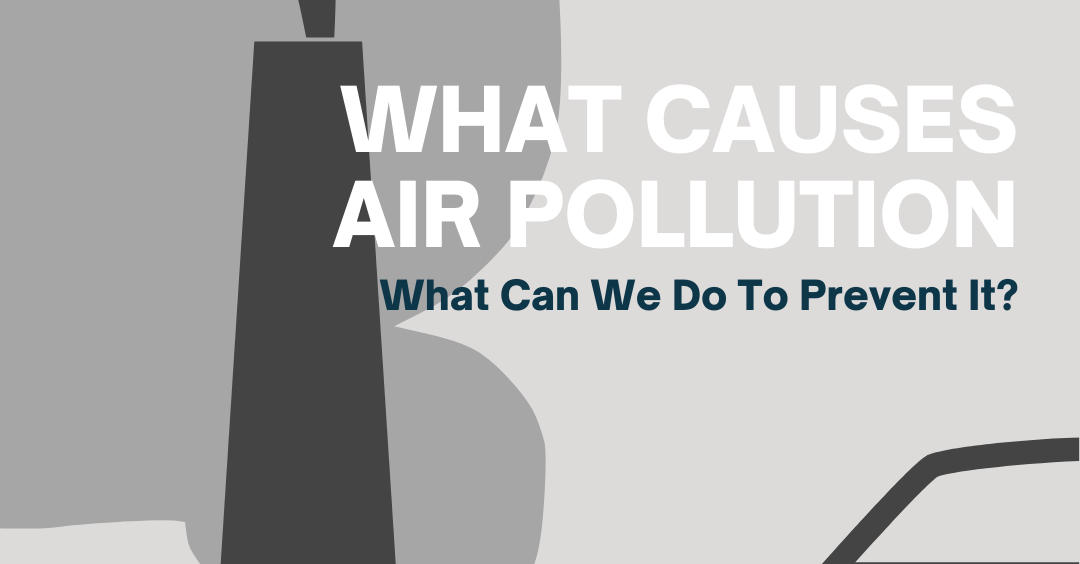Clearing the Air: Combatting Air Pollution for a Healthier Future
In recent years, air pollution has emerged as a critical global environmental threat, posing significant risks to public health and food security worldwide. Current estimates reveal that air pollution is responsible for approximately 3.7 million premature deaths annually and devastates crop yields, exacerbating food shortages and hunger for millions of people. Without prompt intervention, projections suggest that the consequences of air pollution will escalate, leading to even greater harm that may be irreversible.
Addressing air pollution demands concerted action from central and local governments, as well as active participation from citizens. Collaborative efforts are essential to implement immediate and impactful measures that mitigate the adverse effects of pollution on both human health and the environment.
Governments play a pivotal role in enacting policies and regulations aimed at curbing air pollution. From emission standards for vehicles and industries to investments in renewable energy and sustainable transportation infrastructure, governments can implement a range of strategies to reduce pollutant emissions and safeguard public health. Simultaneously, citizens and businesses must adhere to these regulations while also adopting personal practices that minimize their environmental footprint and contribute to cleaner air.
Recognizing the urgency of the situation, NGO Me Dhe Për Ambientin has undertaken an ambitious awareness campaign focused on air pollution prevention. This initiative seeks to educate the public on the nature of air pollution, its root causes, and the far-reaching consequences of polluted air on both human health and the environment. By empowering individuals with knowledge and practical solutions, the campaign aims to inspire collective action and foster a culture of environmental stewardship and responsibility.
In addition to raising awareness about the detrimental effects of air pollution, the campaign aims to provide tangible guidance on steps that individuals, communities, and policymakers can take to mitigate pollution levels. From advocating for clean energy policies to promoting sustainable transportation options and adopting eco-friendly lifestyle choices, every action, no matter how small, contributes to the larger goal of preserving our planet for future generations. Through collective effort and shared commitment, we can work towards a cleaner, healthier future where the air we breathe is safe and sustainable for all.
Furthermore, the consequences of air pollution extend beyond human health and food security, impacting ecosystems, biodiversity, and the climate. Pollutants released into the atmosphere contribute to the degradation of natural habitats, harm wildlife populations, and disrupt delicate ecological balances. Additionally, air pollution exacerbates climate change by amplifying the greenhouse effect and accelerating global warming, leading to more frequent and severe weather events, rising sea levels, and other environmental crises. As such, addressing air pollution is not only imperative for safeguarding human health but also for protecting the planet’s natural systems and biodiversity.
In many urban areas, vulnerable populations, including children, the elderly, and low-income communities, bear the brunt of the health impacts associated with air pollution. Exposure to pollutants such as particulate matter, nitrogen oxides, and volatile organic compounds can exacerbate respiratory conditions, trigger cardiovascular problems, and increase the risk of lung cancer and other serious illnesses. By prioritizing efforts to reduce air pollution, governments and communities can promote environmental justice and ensure that all individuals have access to clean air and a healthy living environment, regardless of their socioeconomic status or geographic location.
Moreover, the economic costs of air pollution are substantial, encompassing healthcare expenditures, lost productivity, and damage to infrastructure and ecosystems. Poor air quality not only strains healthcare systems and budgets but also undermines economic growth and development by hampering workforce productivity and competitiveness. By investing in pollution prevention and sustainable development strategies, countries can mitigate these economic burdens while also reaping the benefits of improved public health, enhanced quality of life, and a more resilient and prosperous society.


